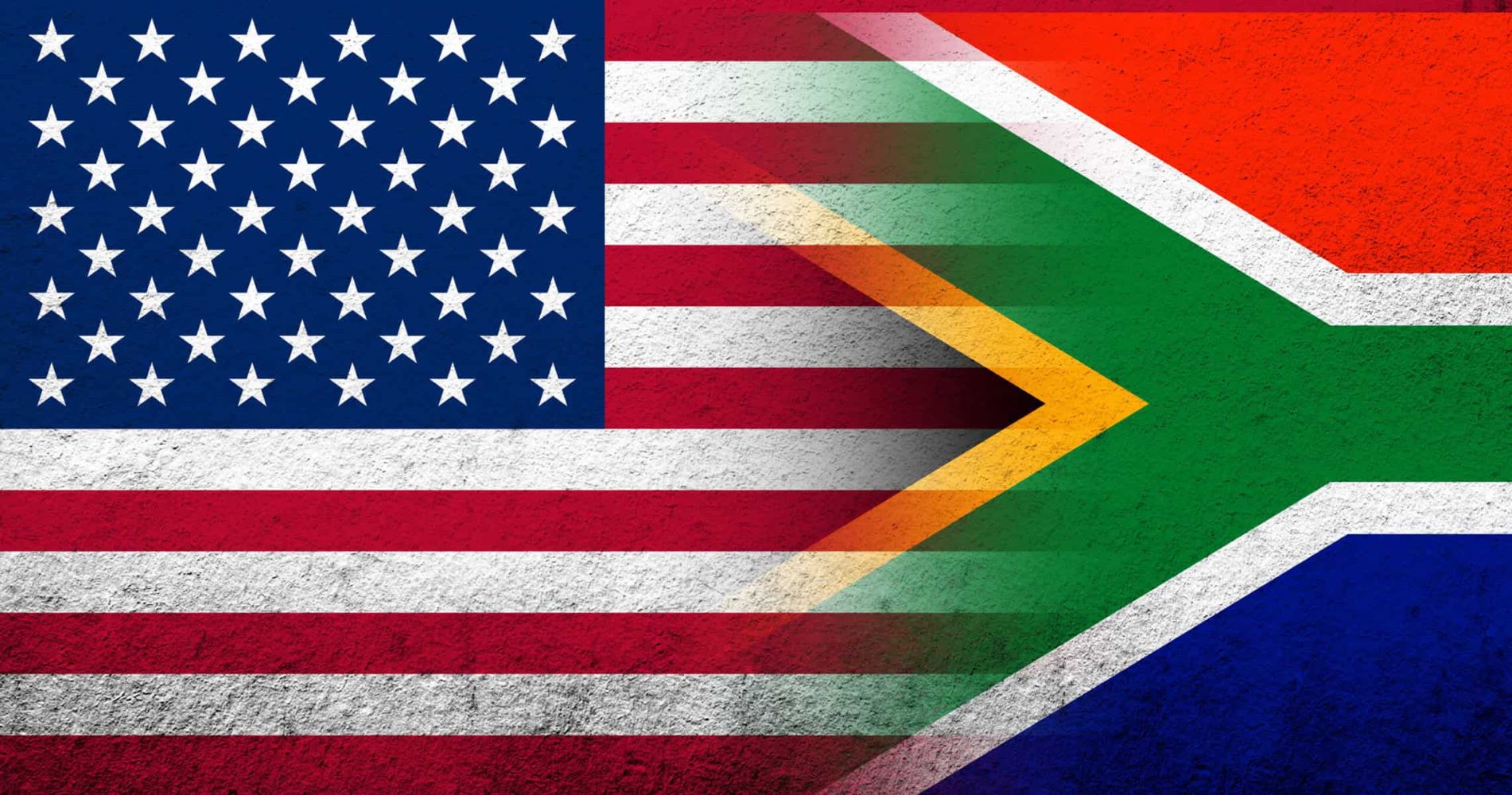Africa can expect higher interest rates, a weaker Chinese economy, lower oil prices and a stronger US dollar from a Trump presidency.
Another Trump presidency means that African nations will have to navigate tighter monetary policy than from a counterfactual Harris presidency, an economist says. They can also expect to be bullied to pick sides.
Jacques Nel, head for Africa Macro at Oxford Economics Africa, says a stronger US dollar due to higher US yields will also increase fiscal and external balance pressures.
“The impact of lower oil prices on the continent will be a mixed bag, while a weaker Chinese economy will have both pros and cons. African leaders will have to contend with a lot more confrontational and transactional engagements with the US.”
Nel says the US Republican party has much to celebrate. “It was a fantastic day at the polls for the party and their candidate, Donald Trump, will return to the White House. The lead-up to the elections was littered with fearmongering and the consensus view was that Trump 2.0 would not be good for markets outside of the US.”
However, Nel says, the reality is more nuanced. Several key macroeconomic metrics will have a direct bearing on African economies under the Trump presidency with higher interest rates, a weaker Chinese economy, lower oil prices and a stronger US dollar.
ALSO READ: Trump as president: What it will mean for SA
Trump presidency will mean higher inflation for US
“The Trump presidency means higher inflation in the US due to the imposition of tariffs and a more expansionary fiscal policy. This will necessitate tighter monetary policy. While the US Fed is still expected to cut interest rates, the pace of rate cuts will be much more measured than it would have been under a Harris presidency and the level at which rates will stabilise is expected to be higher.”
He points out that the result will be higher borrowing costs for Africa and some inflationary impulse for countries importing goods from the US. “This comes at an inopportune time, as most African governments are still dealing with the fiscal hangover stemming from the Covid-19 pandemic, war in Ukraine and surging interest rates in advanced economies.
“These pressures will be compounded by a stronger US dollar that will increase the cost of imports and intensify the external debt repayment burden.”
ALSO READ: Will markets catch a cold from US election fever?
Weaker Chinese economy under Trump presidency
Nel says a Trump presidency also means a weaker Chinese economy, which will have pros and cons for Africa. “The Chinese economic transition from investment-led to consumption-led growth means that China will play a somewhat less significant role in global commodity demand.
“The lack of significant commodity price fluctuations after recent bad news on the Chinese economy is a case in point. However, a weaker Chinese economy could result in lower Chinese appetite for investment abroad and a more frugal Chinese government.”
On the positive side, losing access to the US market could compel China to focus more on supporting growth in Africa to create markets for its goods, Nel says. “From a geopolitical perspective, political competition between China and the US is likely to intensify under Trump and Africa will be host to many of those skirmishes.”
Under Harris, he says, both China and the US would have used carrots to improve relations, but Trump will most likely be quick to rather use sticks.
Oil prices are expected to be much lower under Trump than Harris due to Trump embracing fossil fuels, which will push up supply, while his scepticism about climate change will put the brakes on the green transition, Nel says.
“Lower oil prices will have a mixed impact in Africa: for oil exporters, it will mean lower export receipts, whereas for the rest of the continent it will represent a disinflationary tailwind.”
ALSO READ: South Africa calls for Agoa renewal
What about Agoa?
Nel points out Trump has isolationist instincts on the Africa Growth and Opportunity Act (Agoa). “He could be more forceful than his predecessor in using the threat of withdrawing Agoa eligibility to press African countries to align with the US on other foreign policy positions.
“However, this does not necessarily mean he will try to get his party to oppose the extension of Agoa to 2041. The bill extending the initiative allows the US president to conduct an out-of-cycle review of Agoa eligibility, meaning he will have the option of using the threat of withdrawing eligibility as a political tool at short notice. This might concern companies hoping to capitalise on the benefits of Agoa.”
Nel says it is safe to say that most onlookers from Africa would have felt more comfortable with a Harris victory. “Although the presidential campaigns gave little indication of policy approaches towards Africa, the projected macroeconomic implications of a Trump presidency will on the whole have a negative impact on most economies on the continent.
“However, these headwinds could be more than offset by securing increased US investment, which will require savvy politicking from African governments. Trump’s preferences for bilateral engagements bodes ill for the Africa free trade project and the risk of losing Agoa benefits will weigh on the initiative’s effectiveness.
“Furthermore, Trump is a China hawk and will be much more willing than his predecessor to bully African leaders into picking sides, which will be difficult to do from an economic perspective.”
